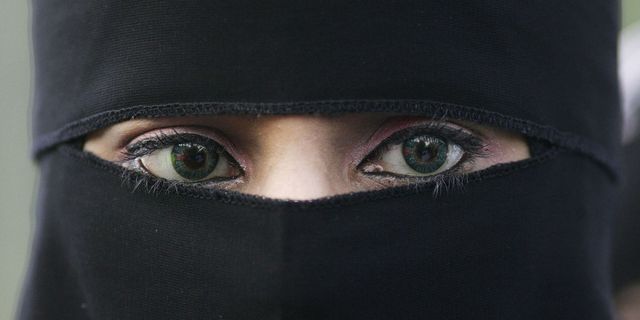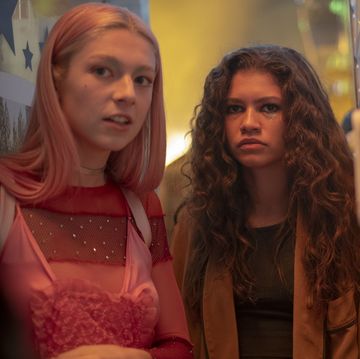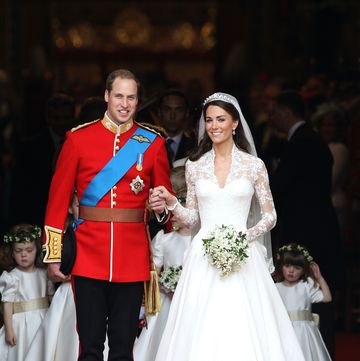Women driving mopeds and smoking while dressed in burkas, having sex against a bookcase and on the backseat of a car, and talking dirty on the phone might not exactly be what you'd typically expect from a Hindi film, but Lipstick Under My Burkha isn't your average Indian film.
Having initially been banned from cinemas for being too 'lady-orientated', featuring 'abusive words and audio pornography', and censored due to its suggested 'contagious sex scenes', the black comedy film has finally made its debut across India.
Director Alankrita Shrivastava has called it a 'major victory for women'.
Lipstick Under My Burkha explores the secret world or four small-town Indian women, sexual desires, freedom and the deconstruction of patriarchal ideas: one seeks the freedom to be who she wants, another works as a beautician wanting to escape her small town life, a housewife dreams of becoming a saleswoman, while a middle-aged widow finds a sexual reawakening on the phone with a young swimming coach.
In the trailer for the film, one of the characters asks: 'Don't wear lipstick, you'll have an affair. Don't wear jeans, there'll be a scandal. I want to ask the authorities - what exactly will happen? Why does out freedom scare you so?'
Earlier this year, the film – which is currently taking over the Box Office in India and won the 'Best Film' award the London Asian Film Festival – was initially refused a certificate by the Central Board of Film Certification.
In a letter to the producers of the film, the CBFC revealed: 'the story is lady oriented … there are sexual scenes, abusive words, audio pornography and a bit sensitive touch [sic] about one particular section of society'.
In response, Shrivastava told Indian news outlet the Quint: 'Why should a film that tells a story of female desire be stifled? Don't women have dreams? Why is it okay for women to be shown as mere objects of male fantasy, but not women with agency over themselves? It is about the continued stifling of women's voices in our country.'
The film appealed the decision and was finally granted a certificate and given a summer release date in India last week.
Sargon, a psychology student who cut class to see the film in Saket, Delhi told the Guardian: 'There's so much dialogue around this whole idea of feminism, and this is a problem in India because of the different religious identities. This movie puts the issue in your face – you can't hide from it,' she explained.
Discussing the controversy surrounding the film, the director admitted it's been both positive and negative.
'People who enter the theatre are already entering with lots of preconceived notions of what's in the film,' she explained.
'On the other hand, because the censor refused classification, a very important dialogue was started in mainstream and social media ... about the female and male gaze and gender politics in the popular paradigm of cinema in India.'
Hear, hear.

Katie O'Malley is the Site Director on ELLE UK. On a daily basis you’ll find Katie managing all digital workflow, editing site, video and newsletter content, liaising with commercial and sales teams on new partnerships and deals (eg Nike, Tiffany & Co., Cartier etc), implementing new digital strategies and compiling in-depth data traffic, SEO and ecomm reports. In addition to appearing on the radio and on TV, as well as interviewing everyone from Oprah Winfrey to Rishi Sunak PM, Katie enjoys writing about lifestyle, culture, wellness, fitness, fashion, and more.













